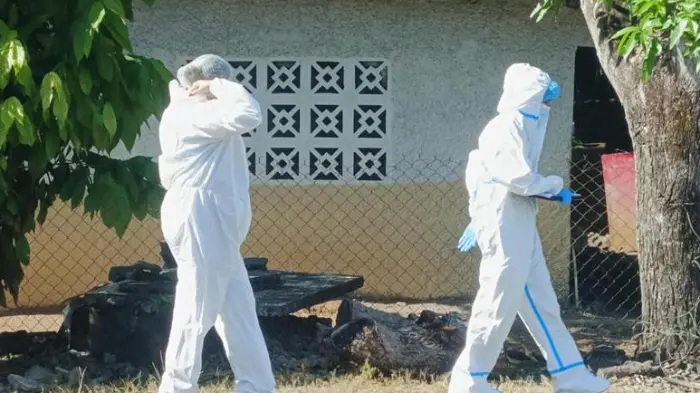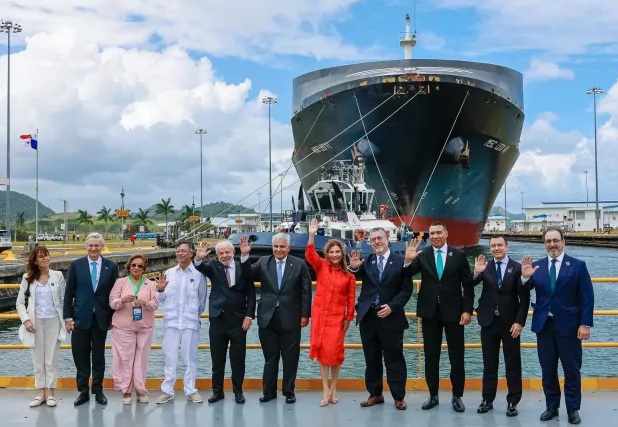Canada FTA a done deal but tax haven concerns linger


Only the New Democratic Party, the main opposition party in the elected House of Commons but with no seats in the appointed Senate, have expressed their outright opposition to the free trade pact, citing Panama's reputation as a money-laundering haven and the operator of a "flag of convenience" in international shipping.
While the Liberals said they would support the bill, they also expressed concern about Panama's alleged money-laundering role in international finance. But, at most, this will possibly mean some embarrassing testimony for Panama in parliamentary hearings which must be held before the final vote is held.
Opening the debate in the Commons, Gerald Keddy Parliamentary Secretary to the Minister of International Trade, Bev Oda, said: "For exporters of Canadian goods, Panamanian tariffs on over 90% of Canadian goods exported to that country would be eliminated upon entry into force of the free trade agreement. Most remaining tariffs would be eliminated over a period of between five to fifteen years.
“For Canadian service providers, the free trade agreement would help expand market access opportunities in areas such as information and communications technology, energy and financial services. This agreement would benefit workers in every region of this country."
He cited Quebec's machinery, vehicles, pork products, pharmaceuticals and aerospace products sectors, Ontario's pharmaceuticals, machinery, information and communications technology products, and electrical and electronic equipment industries, Western Canada's agricultural, information and communications sectors, the seafoo, frozen potato and forestry sectors of Atlantic Canada, and the financial services industry throughout the country.
And, anticipating many concerns about Panama's banking sector, Keddy insisted there would be "a chapter of comprehensive rules governing investment" which would "provide greater protections and predictability for Canadian investors and their investments in Panama."
But Brian Masse, of the opposition New Democrats (roughly equivalent to Europe's social democrtas and socialists, complained:"Panama has quite a significant history of money laundering and tax havens. It also has a history of flagging ships of convenience and basically throwing the seafarers out the window, so to speak, making them vulnerable for treatment that is not part of the conduct of an international agreement. Panama has used that as a way to supplement income and attract corporations for its net benefit at the expense of others."
Another New Democrat, Mathieu Ravignat, in reply to Keddy's praising of the upgrading by the OECD (Organisation for Economic Co-operation and Development) of Panama from the so-called "grey list" to the "white list" of countries soft on money laundering, Ravignat said: "Although Panama has been moved to this list, it does not mean that all the measures are being taken into account. It does not account for some of the internal taxation issues, or even the current issues that are taking place. Just because it is moved off a list does not necessarily merit having no checks and balances."
Keddy insisted that Panama had made great progress in combatting the drugs trade and money laundering and was now a major potential source for Canadian investments, especially with the ongoing expansion of the Panama Canal and the anticipated increase in Panama's share of international shipping.
For the Liberal Party, Wayne Easter said: "There is no question that we will be supporting the bill going to committee, but there is a serious issue around tax havens and money laundering, especially of drug money. The U.S. Congress has spelled out some serious concerns about the money laundering and on Panama not being committed to the kind of commitments that should be made in terms of ridding the country of the money laundering possibility."
*Howard Williams ia a former Parliamentary correspondent and a frequent visitor to Panama.





